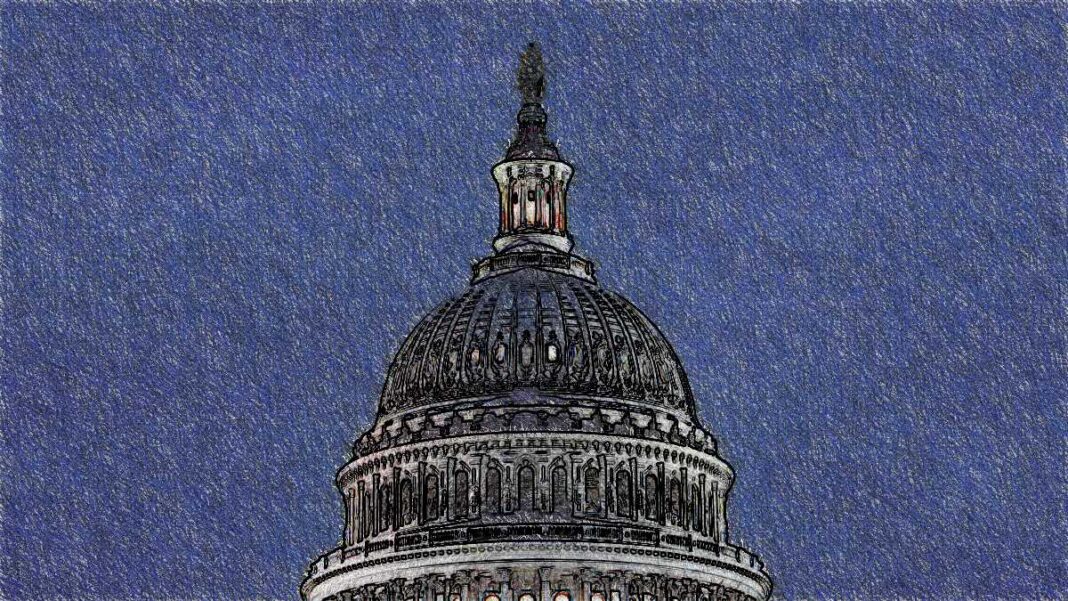After a monthlong recess, lawmakers are returning to Washington on Sept. 9 with a busy schedule—and facing a looming presidential election.
WASHINGTON—Lawmakers are returning to Capitol Hill on Sept. 9 after a monthlong recess to work through an ambitious to-do list on a tight deadline.
Congress faces a Sept. 30 deadline to fund the government by passing new spending bills or agreeing to an extension.
Lawmakers will also have other agenda items to address, including China, defense, and agriculture.
Hanging over all of this is the election, which will be 57 days away once lawmakers return and is likely to affect their actions and rhetoric.
Here are five things to watch for in September.
Spending
Congress’s top priority is to pass a bill by Sept. 30 that funds the government for fiscal year 2025, or it will shut down.
Congress is likely to miss the deadline and will need to resort to passing a “continuing resolution” (CR), which temporarily funds the government at levels set for the previous year without authorizing new spending.
The composition of the CR is what’s dividing Congress at present, leading to fears of a stalemate, and a shutdown. Republicans want to include in the CR a bill known as the SAVE Act, which Democrats oppose.
The SAVE Act would require voters to provide documentary proof of citizenship at the time of registration, which Republicans argue is necessary amid high levels of illegal immigration. Democrats argue the bill would disenfranchise American citizens for minor clerical errors during voter registration.
“Should Americans, and Americans alone, determine the outcome of American elections? Or should we allow foreigners and illegal aliens to decide who sits in the White House,” House Speaker Mike Johnson (R-La.) said in a debate on the bill, adding that Americans “refuse to hand over our country to illegal aliens, cartels, traffickers, and violent criminals and murderers. That’s what’s at stake.”
The House of Representatives passed the SAVE Act on July 10, with 216 Republicans and five Democrats voting in favor. Many Senate Democrats, who control the body, have not publicly opposed the SAVE Act, though they are unlikely to accept a CR that includes it.
By Jackson Richman, Joseph Lord, Stacy Robinson, Terri Wu, Arjun Singh, Ryan Morgan









